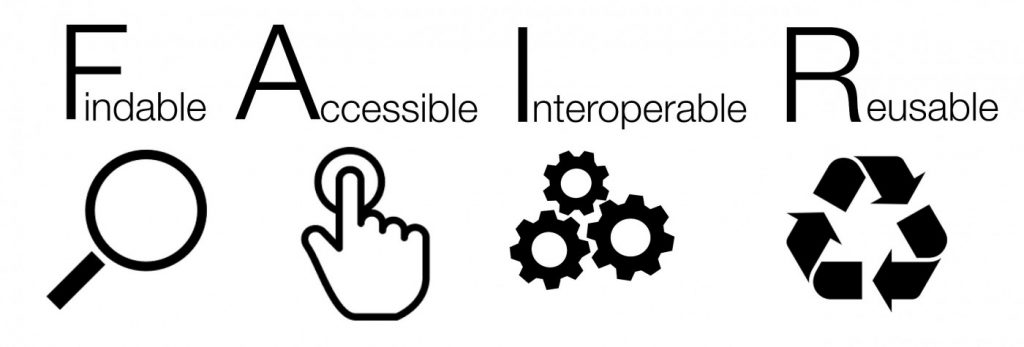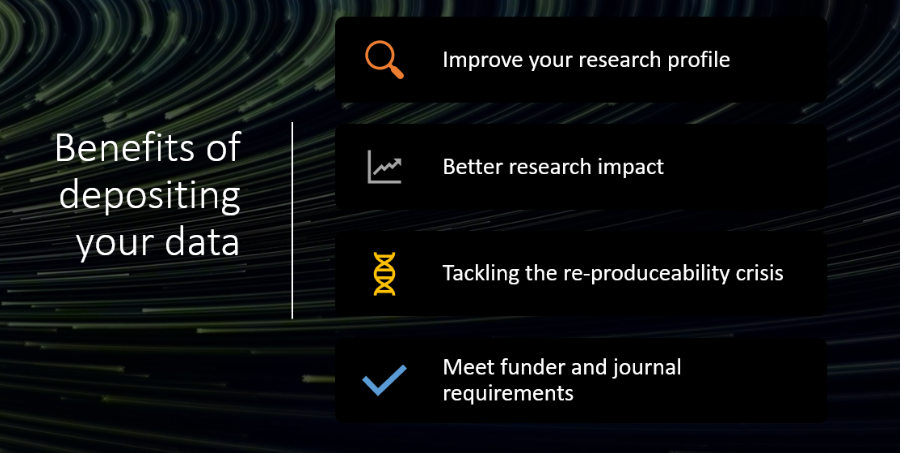Dr Constantina Panourgia (Senior Lecturer in Developmental Psychology) recently deposited in BORDaR (BU’s research data repository) the research data linked to the paper Self-compassion, coping strategies and gender differences in psychology, counselling and psychotherapy practitioners during COVID-19: Lessons learnt.
The dataset can be accessed here: https://doi.org/10.18746/bmth.data.00000247
We asked Dr Panourgia to share a bit about what this study was about, the benefits of making the data open access, and for any advice that can be passed on to help others manage data effectively for deposit in BORDaR.
Q- Tell us about your research – what’s most exciting about it?
A – The current investigation highlighted the vital role of psychology, counselling and psychotherapy practitioners who played and still play an essential part in providing care for people whose mental health has adversely been affected by the pandemic. This study explored self-compassion’s ability to predict approach and avoidance coping in psychology, counselling and psychotherapy practitioners during COVID-19, and whether this differed between genders. The most exciting part of this project is that our findings have practical implications for training, supervision, and clinical practice for practitioners, to ensure they remain competent when faced with extreme stress. This paper is based on the final year project of a former UG Psychology student; working and publishing with one of our students was the most rewarding part of it.
Q – What do you see as being the benefits of making your data available?
A – There are several benefits. Making the data available allows other researchers not only to investigate further research questions but also to check the accuracy of our findings. Furthermore, making data available may lead to potential collaborations.
Q – Do you have any advice you would give other researchers to help them with depositing data?
A – Being organised is the key. When you work on your data, ask yourself “Does my dataset make sense for someone who is not involved in this project?”. Using precise labels for the variables of your dataset, keeping notes about the way that your variables were scored and what these scores mean can be very useful. Also, you need to be prepared to answer any questions about the ethical procedures you followed.
Q – Anything else you want to say about your data or the process?
A – You shouldn’t worry if you haven’t done this before. The process is very straightforward and the BORDaR team is incredibly helpful. When our paper was published and became available on BRIAN, I emailed the BORDaR team who sent me detailed instructions for uploading data to BORDaR. The dataset was processed and published very quickly. The final step of this process includes the generation of a DOI which you can share with the publisher of your paper.
What support is available for researchers?
The library offers guidance and support for data management from bid preparation (Data Management Plans) to deposit in BORDaR. Visit our research data management guide or email us at bordar@bournemouth.ac.uk.
Dan Bailyes
Faculty Librarian (FMC) and LLS lead for Research Data Management (RDM)














 BU attendance at third annual GCPHR meeting in June
BU attendance at third annual GCPHR meeting in June Interactive Tangible and Intangible Heritage Applications – BU student work featured in new book chapter
Interactive Tangible and Intangible Heritage Applications – BU student work featured in new book chapter Second NIHR MIHERC meeting in Bournemouth this week
Second NIHR MIHERC meeting in Bournemouth this week MSCA Postdoctoral Fellowships 2025 Call
MSCA Postdoctoral Fellowships 2025 Call ERC Advanced Grant 2025 Webinar
ERC Advanced Grant 2025 Webinar Horizon Europe Work Programme 2025 Published
Horizon Europe Work Programme 2025 Published Horizon Europe 2025 Work Programme pre-Published
Horizon Europe 2025 Work Programme pre-Published Update on UKRO services
Update on UKRO services European research project exploring use of ‘virtual twins’ to better manage metabolic associated fatty liver disease
European research project exploring use of ‘virtual twins’ to better manage metabolic associated fatty liver disease